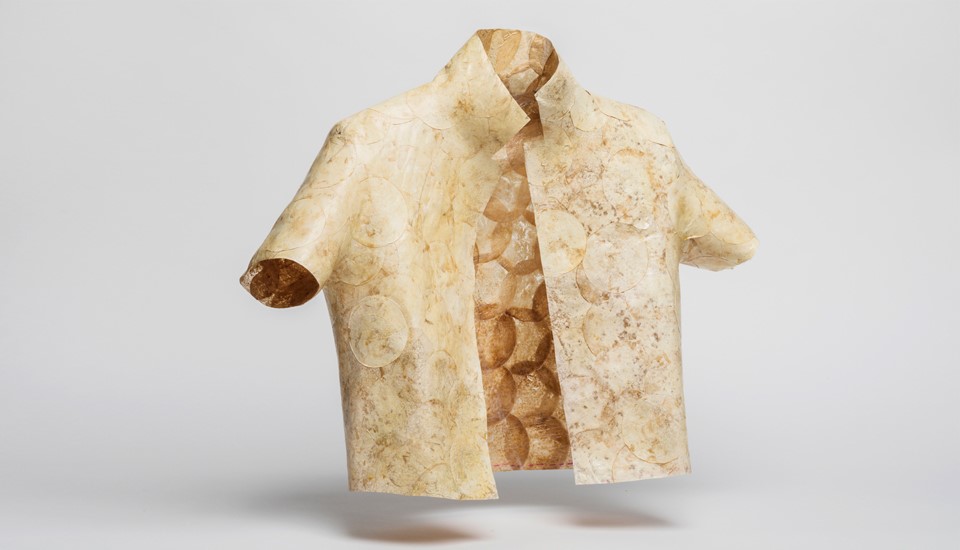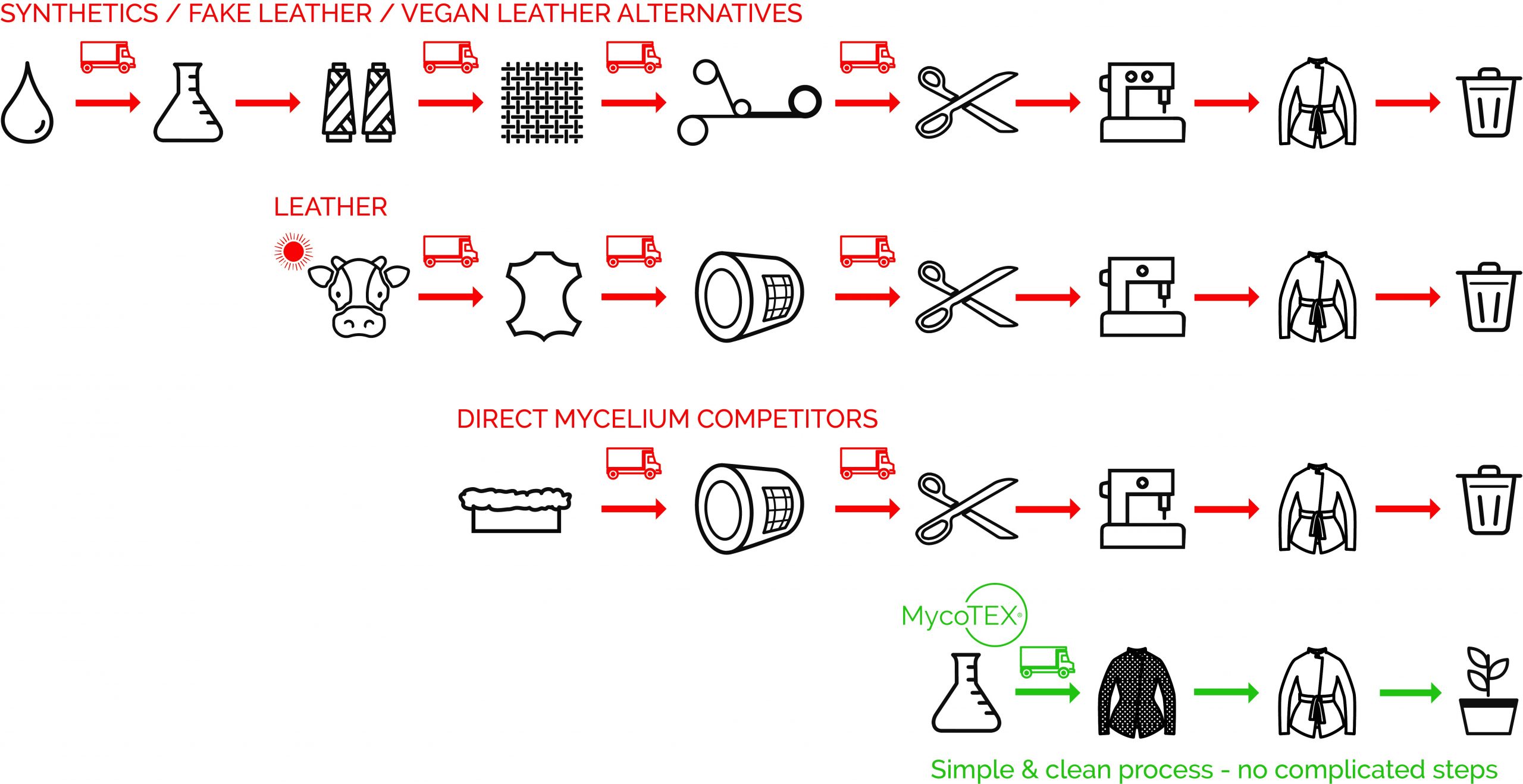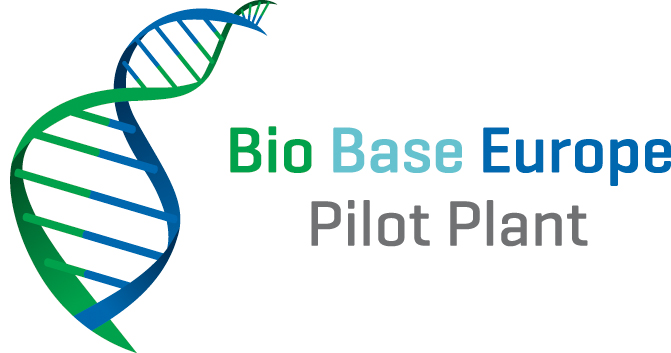NEFFA Holding BV
Micro scale-up and pre-feasibility study of fungal biomass for the production of textiles and textile products (garments and bags)

About the company and the project impact
NEFFA is a company concentrated on personalisation in fashion and textiles through material research, concept and product development, prototyping, and dyeing research. With an extensive fashion design background, NEFFA is a research, design, and development studio (RD&D) focusing on fashion innovation. The company developed MycoTEX, the world’s first compostable textile in combination with a 3D modelling technique, to make personalised fashion without waste.
The conventional textile supply chain is based on growing fibres, spinning yarns, weaving textiles and applying coatings, or breeding and killing cows and tanning the leather, before cutting and sewing patterns to make a product. Both options require a lot of farmland, water, hazardous chemicals, and pesticides. Furthermore, a lot of waste is created in the production process and at the end-of-life. MycoTEX is based on liquid-state fermentation, which is a completely new production process for the textile industry. MycoTEX creates sustainable fabric from mycelium, the roots of mushrooms. With a 3D-modelling process, the company creates seamless garments of this new textile. A shorter supply chain eliminates the need for chemicals and pesticides and reduces water usage by 99,5%. Scaling-up and a feasibility study were the activities implemented within the KET4CleanProduction project to understand if MycoTEX could be an environmentally friendly and cost-competitive alternative for the conventional textile industry.
NEFFA Holding BV, The Netherlands | www.neffa.nlKET Technology
- Industrial Biotechnology
- Advanced Materials
Countries involved
- The Netherlands
- Belgium
- Sweden
Outcome
KET4CleanProduction project provided a small company with scientific evidence that it is on the right track in confirming its vision of a disruptive supply chain for the textile industry. It allowed the company to go from TRL 4 to TRL 5, heading towards 6. Furthermore, it helped gather the necessary data to approach investors for the next scale-up step, and the first investor already showed commitment.
The scale-up of raw biomass to a 150L bioreactor has proved successful. Samples and prototypes developed from this raw biomass show that quality has not been compromised. And the feasibility study based on these data shows tremendous potential. When fully scaled-up, MycoTEX could reach up to half of the price of bovine leather and lead to a reduction of 75% in terms of energy use. Furthermore, the results show a reduction of waste and resources like water, and the elimination of hazardous chemicals, pesticides, farmland. Altogether, this means that fungal biomass from liquid fermentation is a suitable, affordable, and environmentally friendly material for the textile industry.
Video


Key success factors
The collaboration with both KET TCs proved to be necessary and very fruitful.
Their specialised knowledge and guidance were a tremendous help in validating the process during the scale-up process, as the company previously worked only on a lab scale. The joint discussions and critical and useful feedback led to a greater understanding of what needs to and can be done to improve the process and facilitate taking the next steps into further scaling-up. Furthermore, the collaboration allowed the company to develop the right scale-up protocol for investing in the right equipment in the future. The KET4CP grant was of great help and allowed this young company to accelerate their research for at least one year.
Success story video
Corresponding KETs Technology Centre:
Bio Base Europe Pilot Plant | Gent, Belgium
RISE | Norrkoping, Sweden






